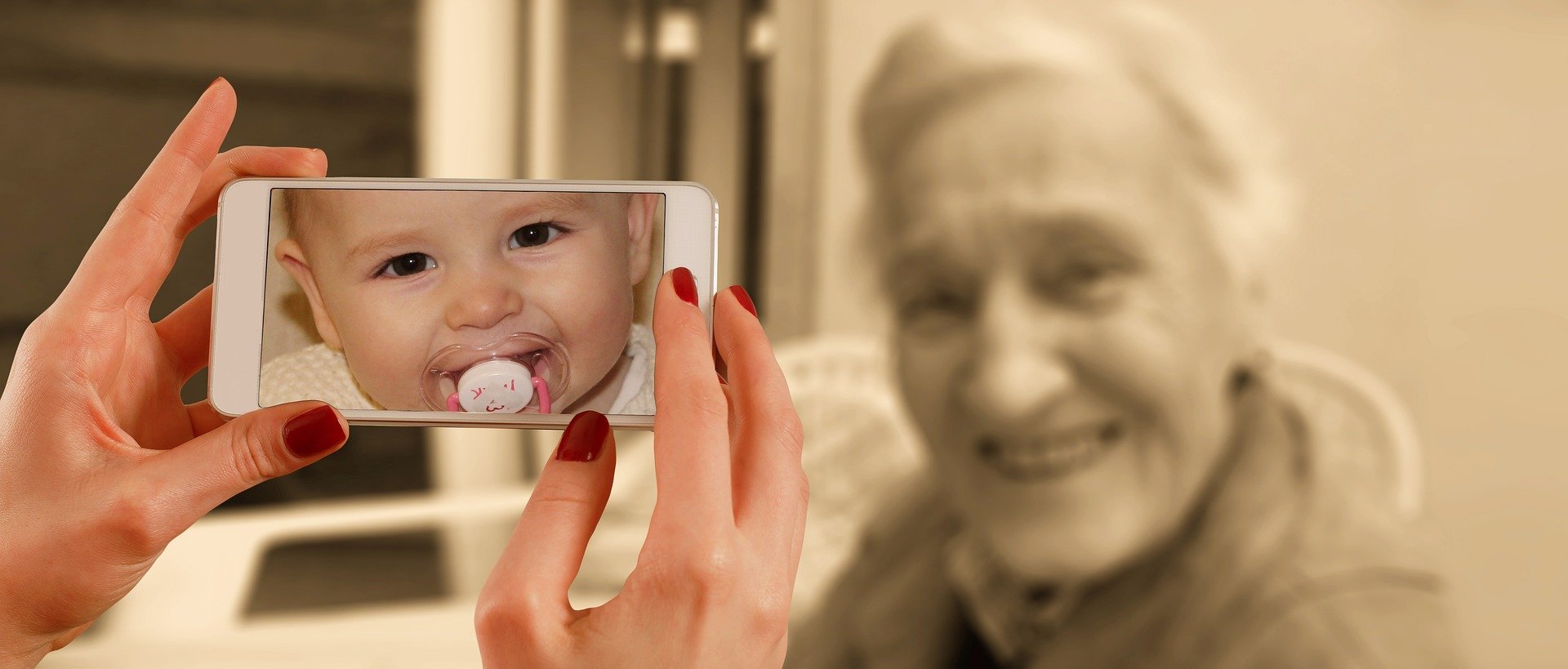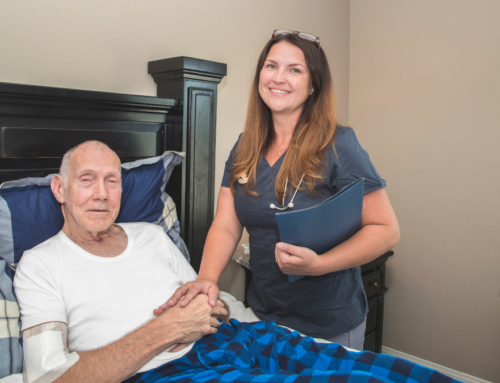
In our mind, we’re still young and spry. It can be difficult to accept that many of our cognitive abilities are no longer what they used to be. But understanding how this process works is an important step toward maintaining a sense of well-being as you age. The human brain is incredibly complex, but there are several ways in which it can begin to decline even before your golden years. This blog post will cover the basics of aging minds and help you understand some steps you can take today for a healthier tomorrow!
As our brains age, we’re less likely to think as quickly or remember things as well as we used to. Research is now showing how the brain changes and adapts with age. You can use what we’ve learned and follow a few simple tips to help remember things and avoid scams.
Dr. Denise C. Park, director of the Roybal Center for Healthy Minds at the University of Illinois, explains that the knowledge we gain from life experience can sometimes compensate for other changes in our brains as we age. Older professionals can often be better at their jobs than younger ones. “Your memory may be less efficient,” Park says, “but your knowledge about how to do it may be better.”
Researchers can design tests that expose problems in the aging mind by creating tasks in which older adults can’t use their experience. These tests reflect real-life situations like getting upsetting medical news or having a crafty scam artist pressure you for an answer.
One key to dealing with situations like these, Park says, is not to make rash decisions. Ask for further information and more time to consider. Discuss it with friends or relatives.
Perhaps the most common trouble people face as they age is remembering things. Park says it’s important to acknowledge that your memory is fallible. “For medicines, driving directions or other things with specific details, don’t rely on your memory,” she says. “That’s good advice for everybody, but especially for older adults.” If you need to remember something important, write it down on a pad or, for those that are more technically savvy, you can use a smart phone or tablet that lets you store notes and reminders.
Another way to remember things is through routines. Take your medicine with a snack or a particular meal, for example. Always keep your keys and wallet in the same place.
You can also use your imagination. If you imagine doing something beforehand, Park says, you’re much more likely to do it. So, for example, imagine taking your medicine in as much detail as you can, paying attention to where, when and how.
Practice can help, too. Rehearse talking to a salesperson. Visit somewhere new in advance.
Keeping your brain active with activities that require mental effort, such as reading, may help keep your mind sharp. Staying physically active may help, too.
Of course, aging is a natural process and its foremost goal is to provide you with the opportunity to enjoy your later years. You should never be ashamed of getting older, but instead learn how to adjust to an aging mind. The above discusses some aspects of your brain through the natural aging process, and some tips that can help you live a life with more mental acuity.
In some cases, the symptoms and signs point to something that falls into the category of more than just being forgetful or experiencing a “senior moment”…In those cases, you, or your aging loved one, should definitely visit their primary physician for a proper diagnosis.
In the event it is something more serious, for example, and realizing this is at the extreme end of things, but if it’s something like dementia or Alzheimer’s, many people are under the impression that the two are interchangeable…The truth is, Alzheimer’s Disease and dementia are two very different things.
Dementia is a symptom. Pain is a symptom, and many different injuries and illnesses can cause pain. When you go to the doctor because you hurt, you won’t be satisfied if the doctor diagnoses “pain” and sends you home. You want to know what is causing the pain, and how to treat it.
“Dementia” simply means the symptom of a deterioration of intellectual abilities resulting from an unspecified disease or disorder of the brain.
Alzheimer’s Disease is just one disease/disorder that causes dementia. Many other illnesses or “syndromes” can also cause dementia. Parkinson’s Disease can cause dementia. A stroke can cause dementia. Even dehydration can cause dementia.
Many of the things that can cause dementia are treatable, even potentially curable.
If you have taken your aging loved one to the doctor and received a diagnosis of “dementia” you may not have received a diagnosis at all, and you may want to get a second opinion. Until you know what is causing the dementia, you can’t begin to treat it’s root cause.
It is helpful to schedule an appointment with a physician who is able to differentiate between all the possible causes of dementia. For example, a skilled geriatrician or a neurologist who is comfortable with seniors would be a good place to start.
With these tips in mind, the best option is to structure a lifestyle for your aged loved ones that suits them and empowers them, when possible, to be part of their own decision-making process. Talk with their doctor about any individual needs.
Silver Companions understands the challenges faced by aging adults, as well as those who care for them. We are here to help, and be a resource, in any way we can. Call or email us, for a free consultation. We can talk through your specific situation and make a recommendation based on your circumstances and budget. Call us at (678) 494-8129 or email us at info@SilverCompanions.com.





